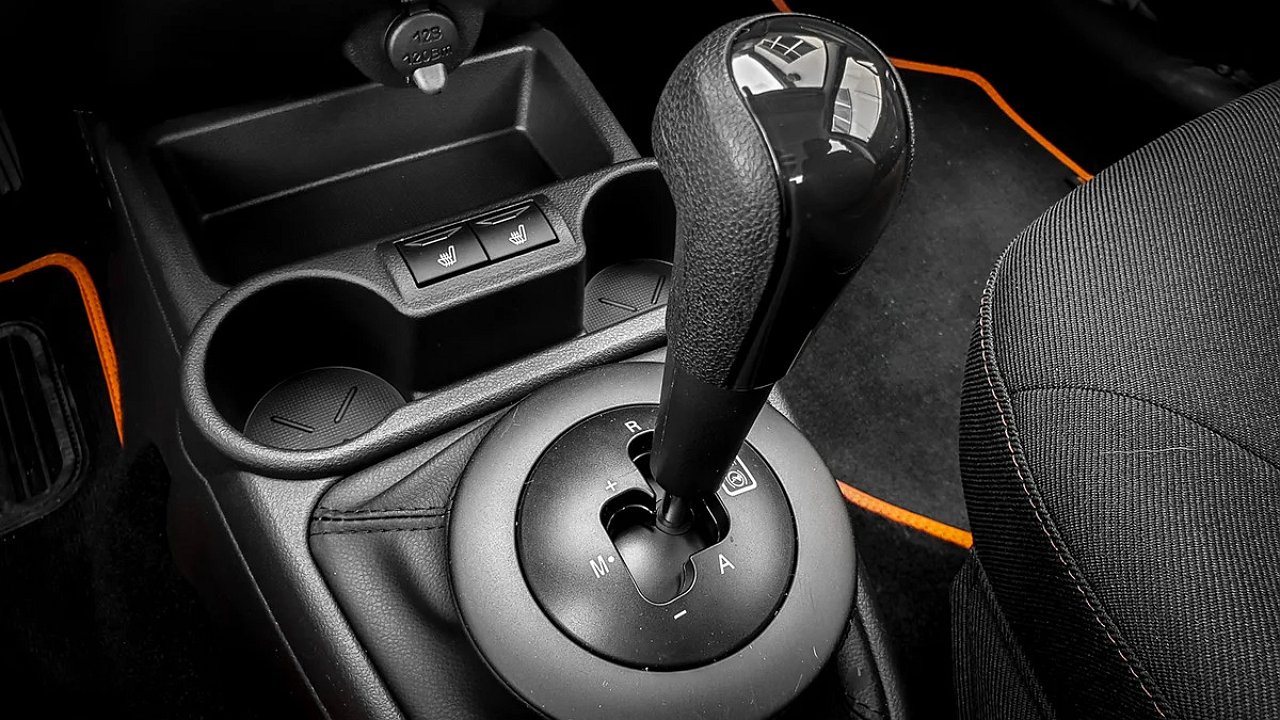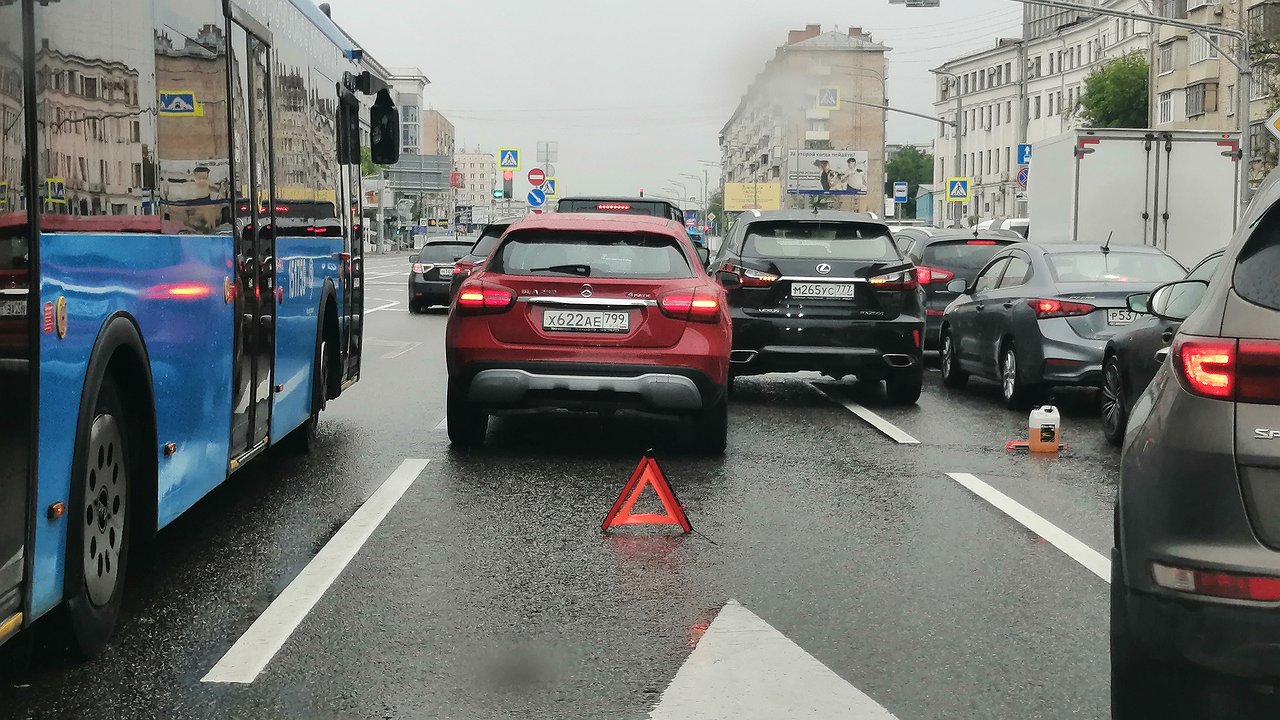The European Union dreams of a common digital identity. The same system you can register on a website, pay or confirm you are at the airport. We are still not clear on how this ‘European Digital Identity’ will be implemented, but thanks to a Spanish project presenting its protocol today we can have a close vision of where we are going.
Gamium is an initiative born in Barcelona in 2021, supported by Telefónica-Wayra. They have more than 30 employees and now offer Didit, a digital identity protocol so that any user can log into any app or web service. A single interoperable registry that provides easy payment and puts all data responsibility in the hands of the user.
We spoke to Gamium co-founder and CEO Alberto Rosas to explain to us what the advantages of unique digital identities are, how they work behind the scenes, and why this will be a recurring topic for years to come. .
A personal private key that will unlock our identity
“The project came out a year and seven months ago. With some blockchain developers from Spain and my brother Alejandro. We have a good background in engineering, mathematics and above all programmers. We came together because we wanted to solve the problem. Get a unique identity on the Internet ‘ explains Rosas.
To do this, they focused on concepts linked to blockchain technology itself, but also referred to data management rather than just payments. For example, he own custody concept. We have this data and it’s different apps and services requesting access. Old OpenID recommendation to sign up on any platform, but a single identity upgraded to more options and a more modern and secure infrastructure.
“Once we started making the protocol, we obviously learned everything you can imagine from the market on a technical level. And OpenID is a great reference. We actually had an instructor from the OpenID council. We are twin cousins, but in the open version and verified credentials”.
How does Didit work? What we have is a platform with two different roles. One is the user and the other is the service provider, which can be from a web page to a physical store or a video game. What Didit does is manage the synergy between the two: verify your identity, digitally sign and transmit data to verify it’s you. “An account is a ‘private key’ associated with a ‘public key’,” explains Rosas.
“The only requirement to join the Didit protocol is to be able to sign digitally. Whether through a digital wallet, a browser extension, or a peripheral. That’s what eIDAS II wants,” says Didit CEO. “The easiest thing is to use existing digital wallets like MetaMask, but we already have over 200 compatible wallets”.
“We already have around 150 million active users who have a wallet. We say we’re going to take advantage of all this infrastructure and all these people can already have a digital identity very easily.” Although this version 1.0 uses a wallet to sign up, the company’s plan is that version 2.0 allows signing up with a social provider such as Twitter Connect, Amazon or a Google account.
Signing up through these registers is basically asking these companies to provide data such as name, date of birth or our address, as well as any other type of data the user may request, such as ID, bio, personal website, phone number. . passport date…
Data beyond the classics
After obtaining all this data in Didit, which is protected under a digital signature, other companies or websites that need this data simply need to send a request to our profile. Let’s take the example of a flight site. Just by contacting Didit, we can fill in all these fields including passport information and even pay directly.
“You ensure your data is interoperable between different platforms and you don’t always have to fill it“, explains Rosas. An interoperability that works not only to access information, but also to edit information. To change an address, for example, it is not necessary to enter the Didit profile, it can also be done directly from the service. So, for example, we can update passport data from the flight website and these are updated later when we go to another flight website.
Didit released version 1.0 but is already working on version 2.0, which will be released in September. “With 2.0 the applications themselves will be able to write data directly. For example You can contact the Spanish government and write my electronic ID on the digital ID.. And with that credential I can drive to the airport or use it for an AdWords account, for example.”
The idea is basically to correlate data. And the possibilities are huge. “We can get data from our dossier at the University. Or Amazon can place recent orders and other apps can use that data to get quotes,” Rosas explains. “A path has been opened that didn’t exist until now, with real data interoperability, not just your identity, but even between services.”
Didit also makes it easy to pay: “After all, since we use a digital wallet infrastructure with digital signatures, it’s also easy for them to be in a specific format that is valid for a transaction on a blockchain. This is one to two Besides transferring data, you can also make payments. Imagine if Instagram wanted to enable payments between its users. With Didit it would be literally three lines of code.”
No payment without a verified digital ID
Rosas says they focus on the technical part. “We put ourselves in full technology mode to program the launch of the protocol.” But they are also starting to talk to investors and big companies in Spain. “We’re starting to move Cooperation not only with the private sector, but also with the public“.
“There’s no alternative like ours right now,” says Rosas. He explains that there is Yoti, a British startup focused on digital identity, but it doesn’t let you add a lot of data and you need a specific app.
Besides Didit, Gamium has another product: Genesis. In this case, it’s a digital identity project launched last year regarding the metaverse: “We focused more on social interactions, but we realized that this phase of 3D needs a lot more pre-infrastructure. Because without identity, the metaverse doesn’t really make sense.” In 2022 and hand in hand with Telefónica-Wayra, Gamium raised its first private tour of 2.7 million euros.
“We are in a very interesting time when governments around the world are transitioning to CBDCs. And to have CBDCs (digital currencies) you need to have an identity,” explains Rosas. with artificial intelligence. “I think it would be easy for an AI to create an account in a MetaMask wallet and from there create a user in Didit as a digital agent. What is the difference? What is it? AI will not have a digital signature. There will be no official identification with an ID on the back. These users will not be able to prove they are human.”
In Didit they look long-term and have already considered functions up to the fourth version. In version 2.0 they will add social registration through a service provider like social network. This means you won’t need a wallet to sign up. Additionally, an economic add-on will be included to allow any economic transaction. Didit will not only let you pay, but her idea too open the door to include fintech functions such as transfers, Bizum, cards and more complex financial transactions.
In version 3.0, which Rosas describes as a “radical change”, it is aimed to add more biometrics. This will allow Didit to be used with Passwords or Face ID and attempt to be compatible with more digital signature systems.
European Union foresight
Didit emerged at a time when the European Union wanted to promote its own universal digital identity. A Proposal that coincides with what this Spanish startup is already building. “I doubt that experts from the European Union will come together and move faster and have better technology than us. I don’t think so”.
According to the estimates of the European Union, 80% of citizens will access public services with their digital identities by 2030. This, together with the promotion of the digital euro, represents a strong commitment to this sector. Didit fits all this and offers an open and interoperable system starting today. As with all products and the hardest to reach, it will need the support of companies and users. It looks like the European Union will put a lot of effort into making something like Didit widely available.
Image | Alberto Rosas
on Xataka | My Citizen Folder: This is the Spanish Government’s new app to bring bureaucracy to the mobile screen.

















